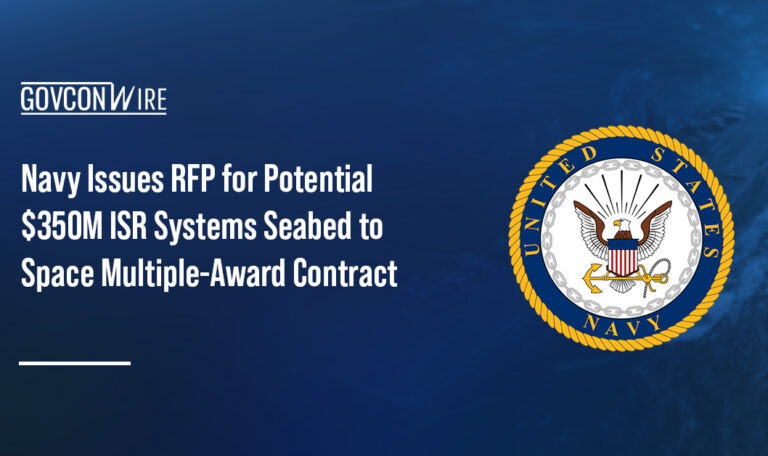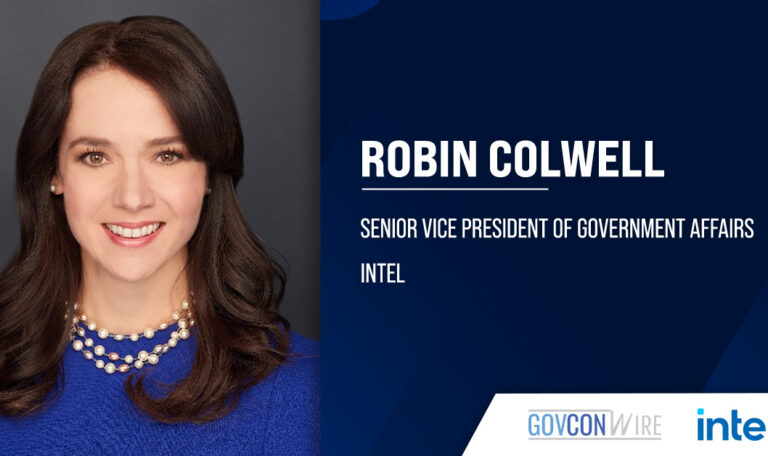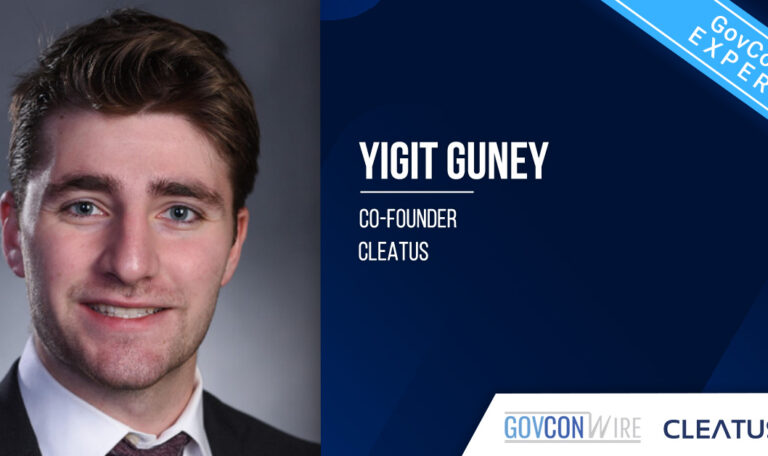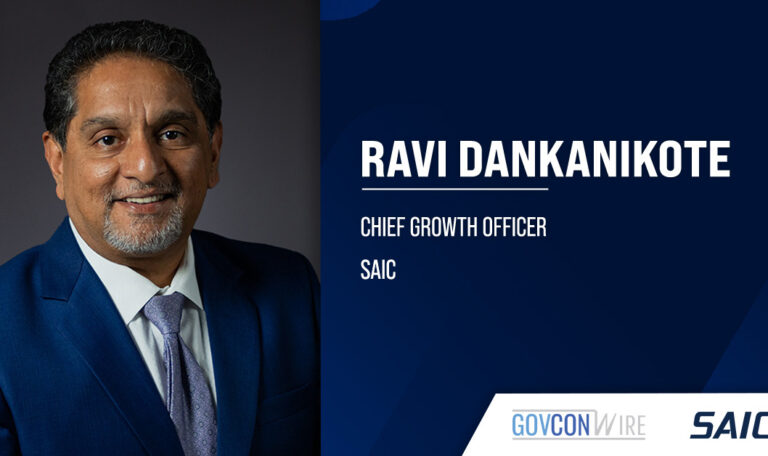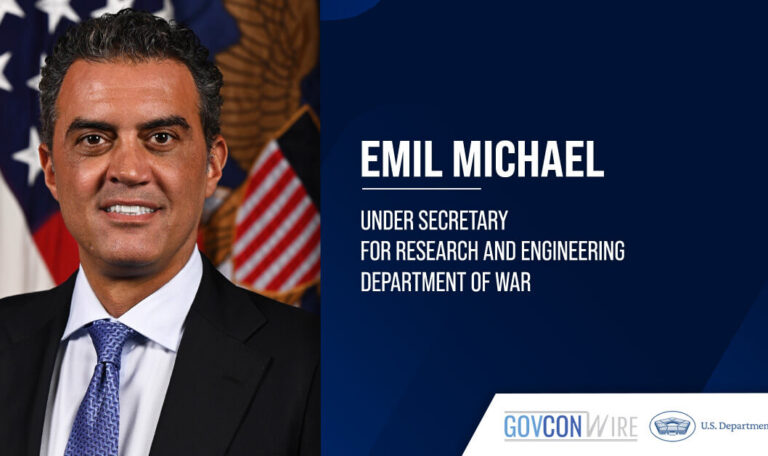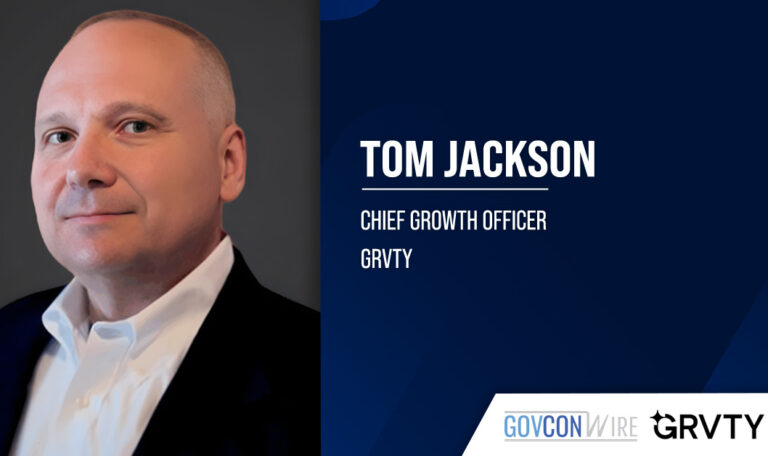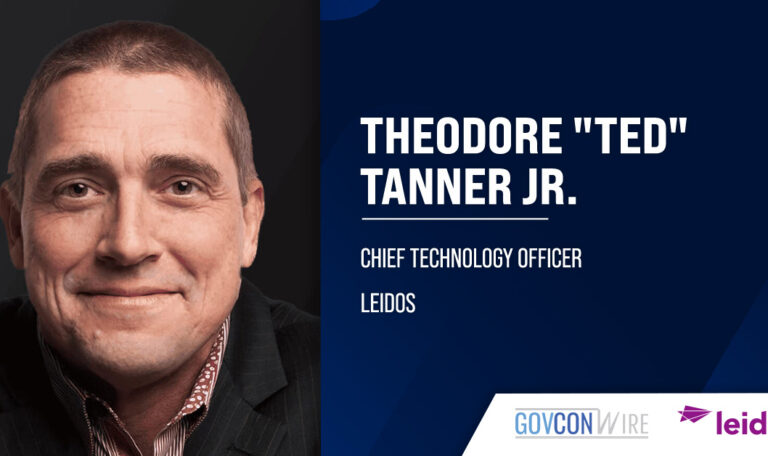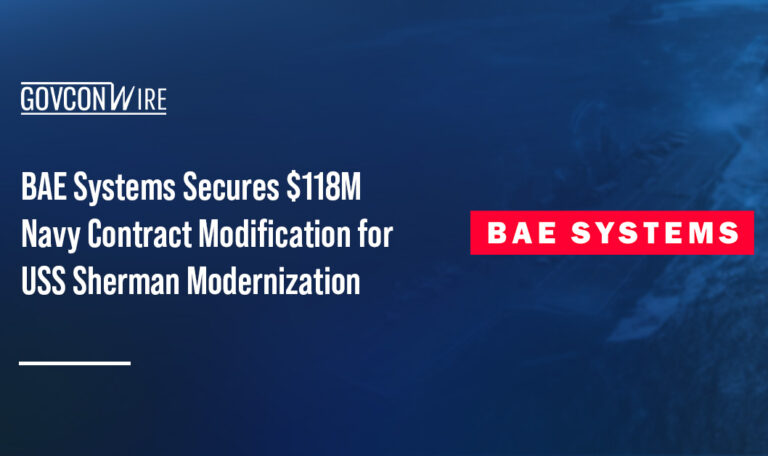When Jen Sovada realized she could make more of an impact on the outside of the military looking in, she retired from the U.S. Air Force. Now, her company, the fast-growing startup SandboxAQ, regularly does business with the USAF and Sovada still gets to support the mission, circumnavigating the oft-labyrinthine bureaucracy of the government.
Sovada has what she calls “a deep seated need to serve and want to make sure that the U.S. military, and government in general, as well as the national security ecosystem continue to make progress.” This could be by propelling talented members of the workforce to find their best station or to enable the adoption of emerging technology, which SandboxAQ is centered upon, or even just helping federal outfits decide how to optimally spend their money.
The impressive executive is also a 2024 Wash100 Award winner, chair of Executive Mosaic’s 4×24 Quantum Group and an associate professor at Georgetown University teaching graduate level courses in Quantum Information Sciences and National Security.
Sovada recently sat down with GovCon Wire to talk through the current state of artificial intelligence and quantum — the foundations of SandboxAQ — including their public perception, usages in federal and military spaces and more.
What’s the most exciting trend that’s currently happening in terms of emerging technologies? What are its impacts?
Two technologies stand out as particularly interesting right now. The first is AI, which is becoming more democratized and commercialized. As more people understand and use AI, there’s less fear and a clearer understanding of its benefits and potential drawbacks. As AI continues to evolve, driven by companies like NVIDIA developing advanced chips, its applications across the U.S. federal government and internationally will expand, enhancing our capabilities to outpace our peer adversaries.
The second technology is quantum. Many associate quantum technology solely with quantum computers, but there are other advancements like quantum sensing and quantum secure communications that are making significant progress. At SandboxAQ, which stands for AI and quantum, we’ve been testing a quantum navigation capability with the Air Force and a partner nation. This technology has shown promise in improving navigation in situations where GPS is unavailable or compromised. We expect this technology to improve further as it’s integrated into other systems.
How has the AI boom affected SandboxAQ and how are you harnessing AI to serve your customers?
The A and Q in Sandbox AQ have always represented AI and quantum, making AI an integral part of our company since day one. We see the symbiotic relationship between AI and quantum, with each enhancing the other. We use AI daily, whether it’s filtering out noise in our quantum navigation capability by subtracting magnetic interference from sources like aircraft or phones, to focus on the Earth’s magnetic field that we collect data on.
Additionally, AI accelerates our analysis across various platforms. For instance, in simulations for biomedical and pharmaceutical drug discovery, new material science development, or even research on chemicals like finding alternatives to PFAS or creating new types of batteries beyond lithium. This helps us reduce reliance on hard-to-reach or adversarial sources.
Together, AI and quantum act as accelerators in the emerging technology space. When combined, their impact becomes even more significant.
Can you envision a post-human-on-the-loop future? What are the upsides and downsides of this?
‘Human-on-the-loop’ is a principle that the U.S. government and military prioritize, ensuring people are involved in decision-making processes. While there’s a push towards automated processes, especially with advancements in AI, there are challenges to overcome. For instance, AI can sometimes produce unexpected or incorrect outcomes, known as AI hallucinations, due to limitations like insufficient data.
When it comes to critical decisions involving life or death, the U.S.’s ethics and morals dictate human oversight. Decisions like launching a weapon, dropping a bomb, or deploying an autonomous vehicle in combat are too significant to leave solely to machines. Some adversaries might be more willing to deploy autonomous robots without considering potential consequences. However, modern battlefields, particularly in urban settings, are complex. Distinguishing between civilians and combatants is challenging, and the repercussions of engaging the wrong target can be severe. Thus, human judgment remains crucial in such situations.
Like AI, quantum technology is an ever-evolving field. What is SandboxAQ doing to stay ahead of the curve and at the forefront of developments in quantum?
We’re closely partnering with both U.S. and international governments to address their requirements across the quantum ecosystem. This encompasses quantum sensing, quantum secure communications and even simulations that can be conducted before the advent of quantum computers. Our team includes highly skilled individuals with expertise in quantum technology, including those with PhDs and users familiar with quantum applications.
By combining technical research with practical understanding, we accelerate our development process. This integration allows us to deploy the technology swiftly and continually enhance its capabilities.




